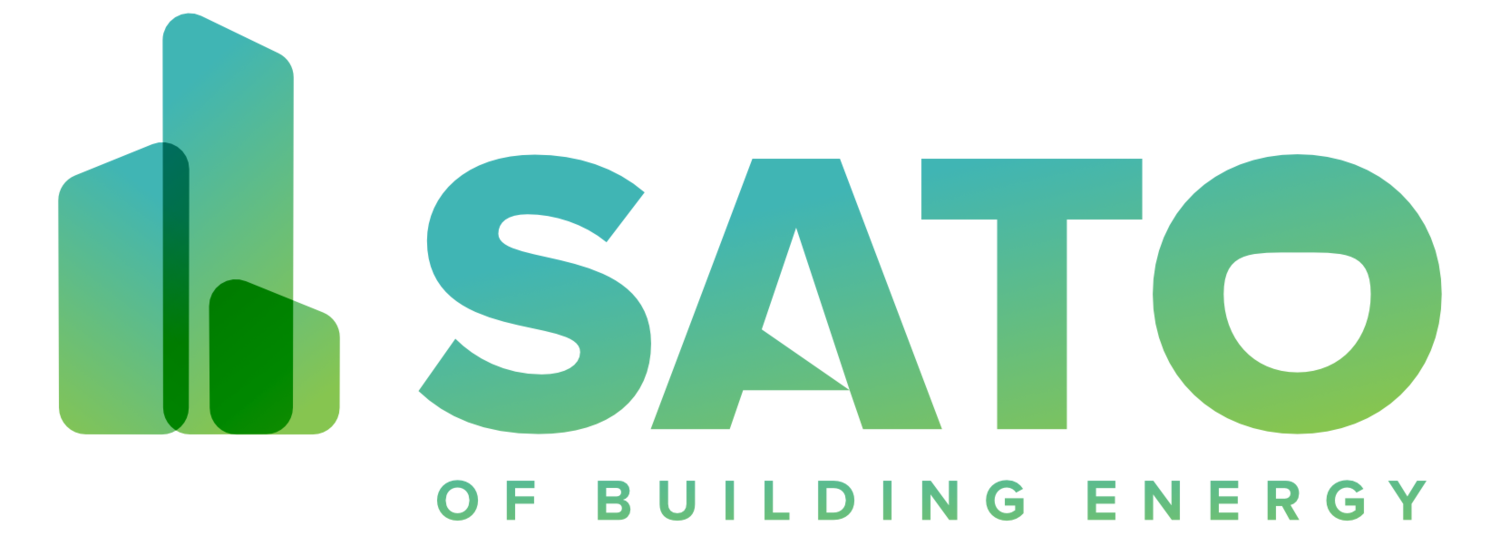EDP NEW supports appliances monitoring in SATO’s Seixal residential pilot
EDP NEW is a partner of the SATO project and is leading the demonstration activities carried out under the project, which include the residential pilot of Seixal, Portugal. EDP NEW, with the support of AMES – Agência Municipal de Energia do Seixal, have already installed energy monitoring equipment in 48 residential units in the first quarter of 2023 (Figure 1), including energy consumption monitoring for household appliances.
Figure 1 – Location of the municipality of Seixal with the southern part of the metropolitan area of Lisbon and examples of the residential types monitored in the Seixal residential pilot of SATO.
Next, an array of appliances in use in selected residential units will be compared to new and unused appliances, to assess current real-life energy consumption of clothes washing machines, dish washer machines, clothes driers, and fridges and compare it to the stated manufacturer energy performance, or to the average performance obtained from similar appliances from other residential units in the Seixal pilot found in the SATO database. SATO database will also collect data from the Ecodesign and Energy Labelling, and from the European Product Registry for Energy Labelling database, to widen the comparison benchmark.
Firstly, a survey was performed to all households that make part of the Seixal residential pilot, as to collect the brand and model of existing appliances in use (Figures 2 and 3).
Figure 2 – Instructions for the Seixal pilot residents to collect brand and model information from clothes washing machines
Figure 3 – Instructions for the Seixal pilot residents to collect brand and model information from dish washer machines
Secondly, SONAE, through their Worten store in Seixal, will then provide new units (same brand and model) to compare against the selected appliances found in existing households and a detailed monitoring of both new and in-use appliances with be deployed. This stage of appliances monitoring shall begin in September 2023, with the installation of sensors, actuators, and enthalpy monitors in both the new and in-use versions of the appliances. By combining the information about electrical power consumption and thermal energy use/production, SATO will be able to assess the performance of the appliances, diagnose faults and optimize operation. A mobile application developed by FCID with the results of data being monitored in the appliances will be made available and tested firstly within the project users (Figure 4).
Finally, SONAE will identify own brand appliances in the Worten portfolio that can be upgraded with sensors and actuators, to create a premium product to sell customers, with significantly enhanced smart readiness and assessment capabilities.
This task represents a step further in the innovation powered by the SATO project, in developing appliance self-assessment technology, in building models that will contribute to the efficiency of the developed technologies, and in developing services that provide energy efficiency, flexibility and comfort tailored to the users.
Figure 4 – Snapshots of the mobile application created by FCID, to monitor appliances sold by Worten (from left to right: general energy label information for the selected appliance, data collected during last washing cycle, comparison between energy label data and last washing cycle, average energy consumption cycle and cost)




